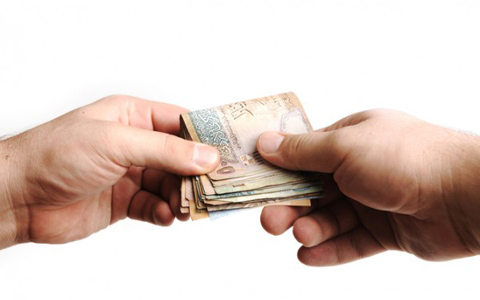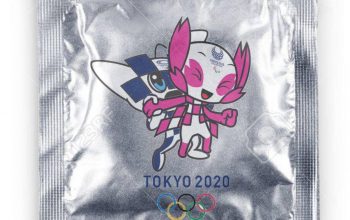From ancient times, the Olympic Games aspired to represent the best and athletes swore an oath to not “sin against the games.”
However, from the very beginning athletes were willing to break their oath to win. They not only gained the laurels that went with victory but the financial rewards. The concept of amateurism in the Olympics was a modern invention; one might say conceit.
We have considerable evidence of bribery. At the very first Olympic Games, Pelops son of King Tantalus of Lydia, came up against King Oenomaus of Pisa to a chariot race. Pelops bribed Oenomaus’ charioteer, Myrtilus, to replace the bolts of the chariot wheels with fake ones. So, during the race, Oenomaus’s chariot collapsed under him and he was dragged to death by his horses. There were other incidents. In 388 B.C., the boxer Eupolus bribed his three opponents to allow him to win. Sixty-six years later, a pentathlete named Callippus offered his competitors money to throw the contest in his favour. And after Sotades of Crete won a foot race in 384 B.C, he was bribed at the next Olympic Games to race as a citizen of Ephesus.
Such was the pervasiveness of bribery, that trainers loaned money to athletes at high rates of interest for the sole purpose of bribery.
If caught, cheats were fined and even flogged, but extraordinary as it may seem, athletes could still retain their victory even if they’d been caught breaking the rules.
Even judges were open to bribes. One of the most notorious instances was when Emperor Nero handed over a bribe of one million sesterces (about $US5 million) to allow him to win a number of events at the Olympics held in 67 AD. They had been postponed a year to allow the Emperor to compete. The judges could have refused to take the bribes but they would certainly found themselves being fed to the lions in the Colosseum for their defiance.
In recent times, instances of bribery have come to the public’s attention. Cities competing to host the Olympics have been generous in their largess to voting members of the International Olympic Committee (IOC). Even the IOC acknowledged that “bribes of up to a million dollars have been demanded from cities bidding for the games.” In one instance a ‘consultant’ offered to deliver 25 votes (out of a total of 105) for $1.8 million.
It was not only hard cash that was used to secure votes. When Melbourne bid for the 1996 Olympics, the Melbourne Symphony Orchestra held a special concert so that the piano-playing daughter of a South Korean IOC member could show off her musical talents. As it turned out, this magnanimous gesture did not get Melbourne over the line and Atlanta’s bid won the day.
And just like ancient times, athletes have accepted bribes, although there have been few instances in which these practices have come to the public’s attention.
We have a unique insight into the business of bribery from declassified documents that have been obtained from the archives of the Hungarian secret police. By the very nature of this source, they are highly reliable.
After the Melbourne Olympics, number of members of the gold winning Hungarian water polo team defected, and it should come as no surprise that at the subsequent Olympic Games in Rome, Hungary could only manage a bronze medal. Determined to make amends in 1964, a senior official on the Hungarian team, István Kutas, was willing to do whatever it took to return the Hungarian team to the winner’s circle.
The final four teams contending for medals were Hungary, the USSR, Yugoslavia and Italy. These four teams emerged the winners of four preliminary groups. The scores from preliminary rounds were taken into account in finals, so the goals for and against would, in all likelihood, determine who would win the gold medal.
In the first final, Hungary played Yugoslavia. Before the game Kutas approached the referee, Josef Dirnweber, and offered him a bribe if his calls during the game favoured the Hungarians. They won 3-2, however, when it came time to pay up, Dirnweber refused to accept the bribe, telling Kutas that his team had won fair-and-square.
The medals would be decided by the second game between the USSR and Italy. If the Soviet Union won by a large margin they would take out the gold medal. When Kutas discovered that the Soviets had offered the Italians $US1,500 to lose the game, he matched their offer, provided they won. Win or lose, the Italians knew that they would pocket the money, but given the choice, they decided to try and win. And they did, beating the Soviet Union 1-0. On the afternoon of 18 October, the Hungarian team stood on top of the winner’s dais, their first gold medals since Melbourne.
When it came time to pay up, Kutas did not have the ready cash. In desperation, he approached his players and asked them to front the money, promising to pay them back, which he did when they returned to Hungary. He kept his promise and the players returned home to a hero’s welcome.



